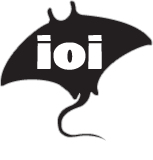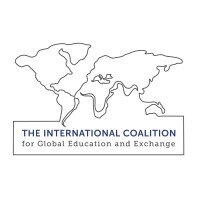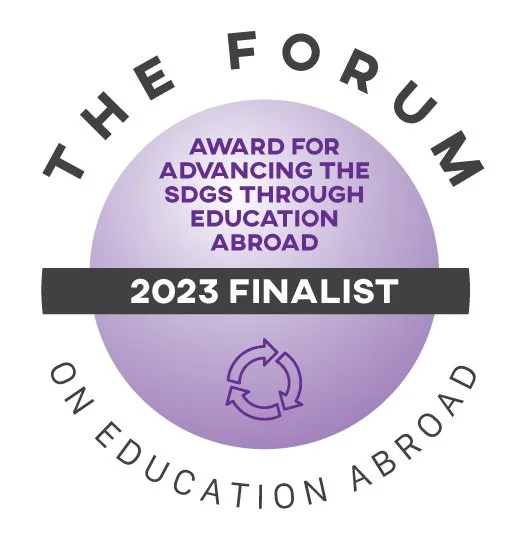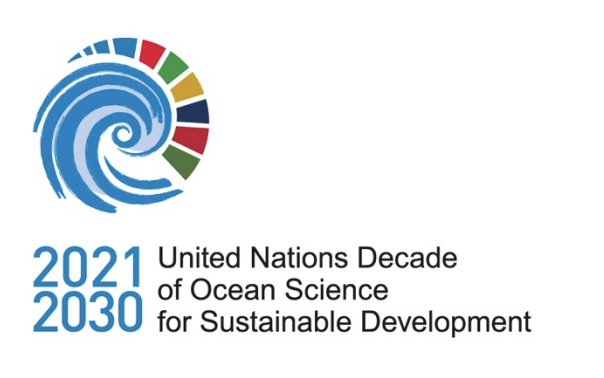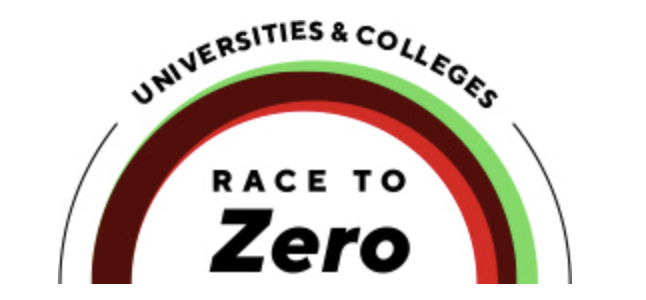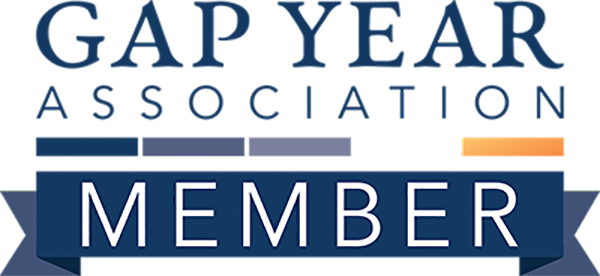IOI’s Net-Zero 2025 Strategy
Climate Change and Carbon Footprint
Since the industrial revolution, the planet has warmed ~1.3°C. In order to avoid the worst impacts of climate change, the United Nations is targeting a maximum increase of 2°C. Our current trajectory has us on course for 2.7-3°C warming—with devastating outcomes. If the Paris accords are followed to a T, warming is estimated to reach 2.4°C.
We need to do more, and we need to do it well before 2050 (an often targeted date for global carbon neutrality)!
What is IOI doing?
As an organization, we are working to maximally reduce our emissions in line with latest climate science. Rather than simply offsetting by “paying” for our pollution and continuing business as usual, we are balancing remaining residual emissions through carbon removal credits and “in-setting”—mitigating internally as an organization.
Our Net-Zero 2025 Strategy extends our current 2021 carbon-neutral initiative which inset all of our Scope 1 (direct) and 2 (indirect) emissions, and offset all our Scope 3 emissions. Scope 3 emissions “are the result of activities from assets not owned or controlled by the reporting organization, but that the organization indirectly impacts in its value chain” (EPA 2022).
IOI’s programmatic on-site emissions, Scopes 1 and 2, were inset through our own conservation efforts. Our Scope 3 emissions, mostly created by travel to our faculty-led study abroad programs and volunteering opportunities, will be mitigated through collaboration with external providers.
Phase 1: Carbon Neutral Initiative 2021
Office and programmatic emissions (Scopes 1 and 2)
The first phase of our Net-Zero strategy leveraged our ongoing sustainable agriculture project to “inset” (in-house mitigation of carbon emissions) our office and programmatic emissions.
In addition to a multitude of socio-economic benefits, the project reduces carbon intensive agricultural inputs while reducing the amount of cargo shipped to the islands, including both ag inputs and produce, thus reducing the carbon footprint of the archipelago to the tune of 57g carbon per Kg of cargo.
Phase 2: Net-Zero 2025 Strategy
Ground transportation and travel (Scope 2 and 3)
As we are entering the second phase, we will shift the focus of our sustainable agriculture project to regenerative agriculture and add a reforestation program, as native tree populations have been diminished on Isabela Island by invasive species and unsustainable farming practices.
In a nutshell, regenerative agriculture is a holistic approach that focuses on the interconnection of farming and the environment. Its main tenant is rebuilding soil for increased productivity and carbon sequestration, with minimal external inputs. You can learn more about IOI’s regenerative agriculture strategy here.
Long-term, it is our goal for the reforestation addition to our regenerative agriculture projects to increase our ability to inset enough carbon to mitigate all of IOI’s emissions without external offsets.
Additional efforts to tackle the 800lb gorilla: offsetting flights
In the meantime, we will contribute to certified sustainable and ethical external mitigation projects to offset program-related air travel emissions. As mentioned above, we first minimize our emissions, then mitigate as many as possible internally and sustainably offset the remaining emissions while we work to increase our inset capacity.
As part of our 2021 carbon neutral initiative, we have used Native’s calculator to figure out the flight-related carbon footprint of our students, staff, volunteers, and participants. Since 2019, we have offset and retired over 350 tons of Scope 3 emissions via our partner, Ecologi.
Each ton of carbon offset through Ecologi’s climate projects is certified by an industry-leading formal standard, such as Gold Standard or Verified Carbon Standard, and their funding strategy follows the Project Drawdown framework. We have thereby funded the following projects:
In an effort to help the field of international education move toward more sustainable and climate focused practices, we helped create and have become one of the early signatories of the CANIE Accord. The CANIE Accord is designed to strengthen and accelerate the international education sector's commitment to climate action. It was created to provide practical actions to guide international education organizations at any stage of climate action knowledge or implementation. You can learn more about CANIE and our commitment to the CANIE Accord here.
